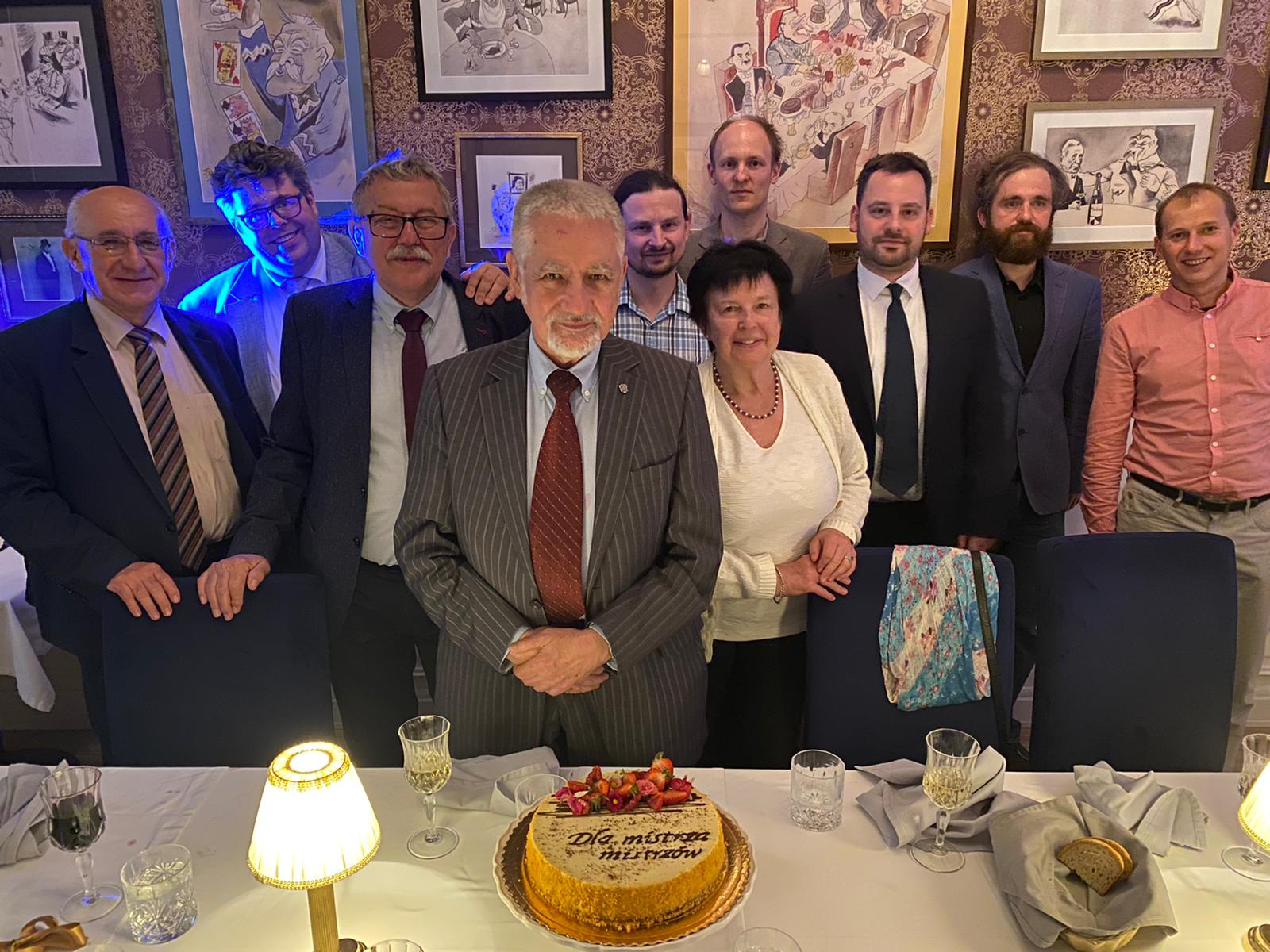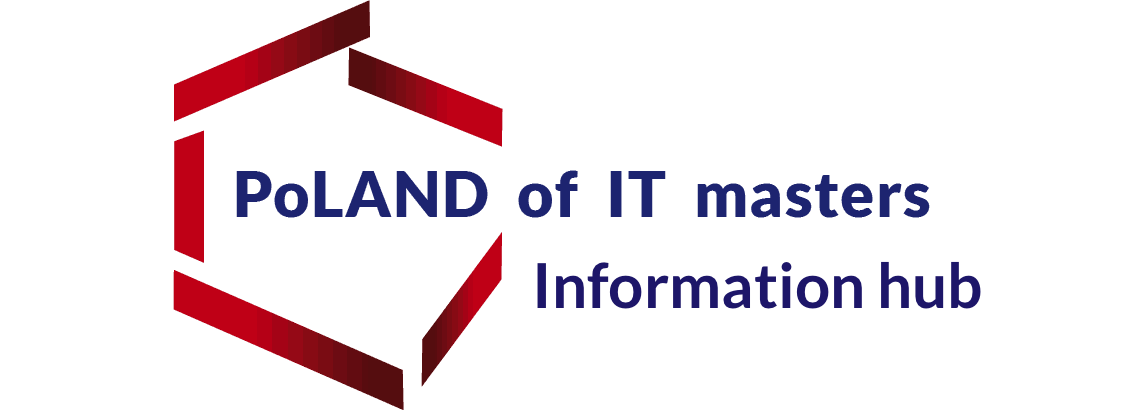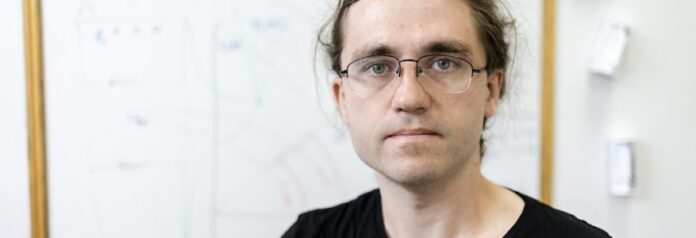Marcin Pilipczuk from Poland was a member of the University of Warsaw team, which won the ICPC 2007 in Tokyo. All of this thanks to prof. Madey and prof. Diks.
Marcin Pilipczuk, although his parents are programmers, was in high school when his passion was mathematics. He can also boast of winning gold and silver medals at IMO. It allowed him to become a scholarship holder of the National Children’s Fund. There he met prof. Madey and prof. Diks. In OI, however, his most tremendous success was only 5th place. So he did not qualify for the international competition. After baccalaureate, like 9 of his classmates, he chose simultaneous computer science and mathematics studies at the UW. And he was delighted with them. From the beginning, he became interested in algorithmics, and this passion has remained with him to this day.
Scientific internships
After the third year, he completed an exciting 3-month internship at the Nvidia headquarters in California. Although it was not related to algorithmics, gave him a lot. Espacially from the point of view of the organization of scientific work. As he passed most of his compulsory subjects in advance, in the second half of the fourth year of studies, he could go on a 4-month internship/ This time it was already algorithmic, to the Google branch in Zurich. After its completion, he received a job offer but did not take advantage of it. In the meantime, he reached the TopCoder and Google Code Jam world finals twice. And won the ICPC 2007 finals with Filip Wolski and Marek Cygan.
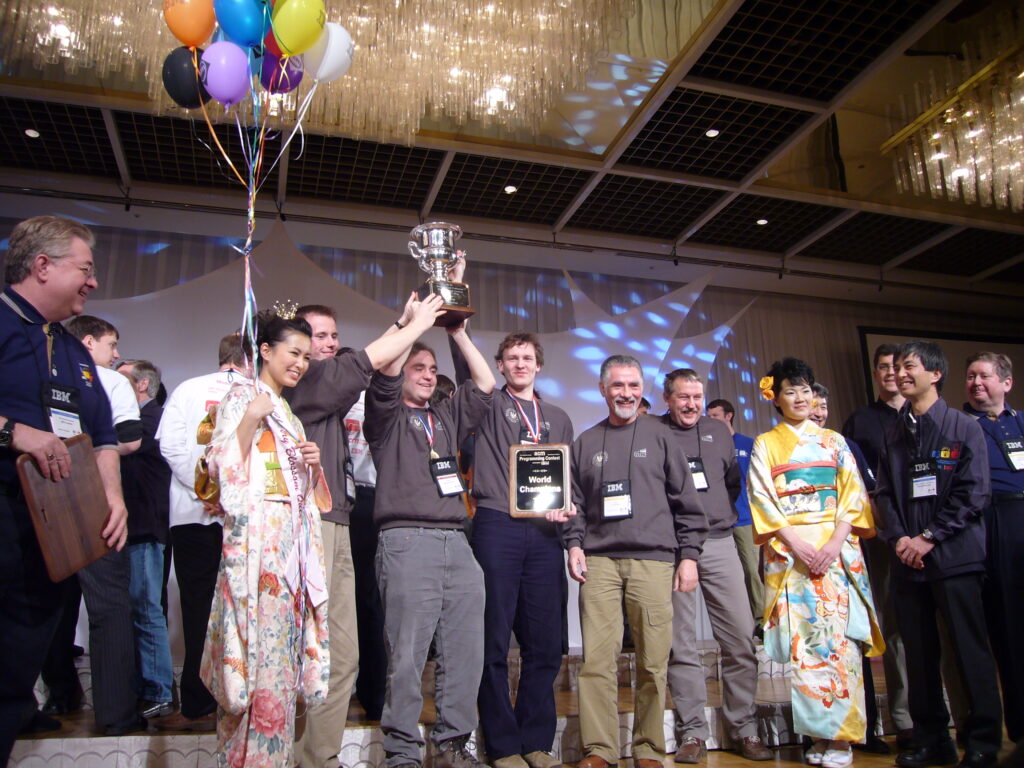
Doctorate
After the second permitted start in the finals, however, a year later, he stopped competing in programming competitions. As he explains himself, the preparations took him a long time, resembling professional sports training. Secondly, most of the organizers of other competitions, preferring the sprint pace of problem-solving, could not propose too complex and demanding tasks to the participants. These interested him less and less.
When he defended his degree in computer science in 2008, he started 4-year doctoral studies at the UW. Now, he can only regret that in Poland. Not in another country, which would allow him to broaden his cultural horizons. However, he did not quit mathematics, defending his diploma in 2009. Ultimately, he obtained a doctoral degree in mathematical sciences in 2012. It was based on the thesis “New techniques used in solving selected NP-difficult problems.” He was awarded the International Prize of Stefan Banach for it and, together with Marek Cygan, the Witold Lipski Award.
Shortly after obtaining his doctorate, he was employed at the UW. After a year he was promoted to the position of assistant professor. Still, at the same time, he was given a 2-year leave, during which he went with the whole family for scientific internships. The first was at the Norwegian University of Bergen. The second at the British University of Warwick. And the third at the American Simons Institute for Theory of Computing in Berkeley, California.
Grants
When he returned to Poland at the end of 2015, he received a Homing grant from the Foundation for Polish Science. It was for a project devoted to researching the properties of algorithms. It lasted from October 2016 to September 2018 and was associated with a budget of about $75,000.
In 2017, he first obtained his habilitation based on the publication cycle “Cuts, disjoint paths and coherence in graphs.” He then almost simultaneously received another prestigious Starting Grant from the European Research Council (ERC). €1.2M budget was for a project related to discrete mathematics. It started in 2017 and continues to this day because, due to the pandemic, it was extended until August 2022. It was a great honor because such grants in the history of Polish universities do not happen too often. In the 2017 edition, only two more people got it from other disciplines of knowledge.
Unauthorized post
